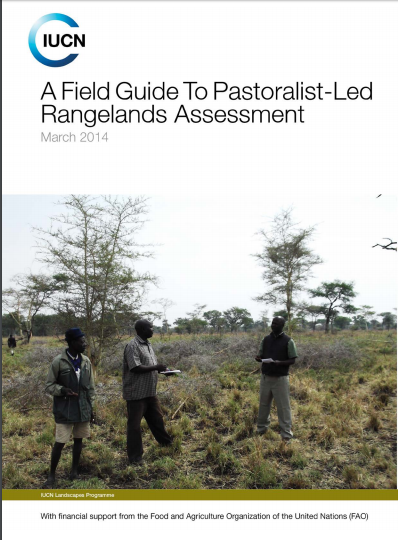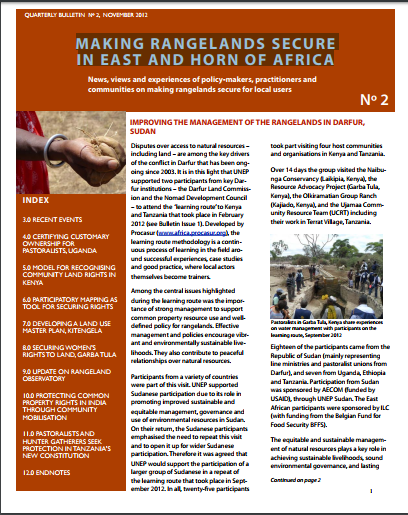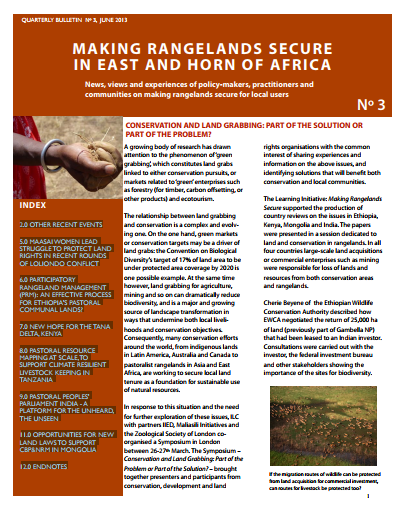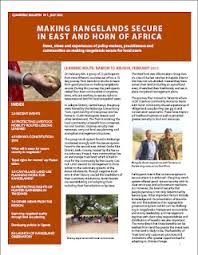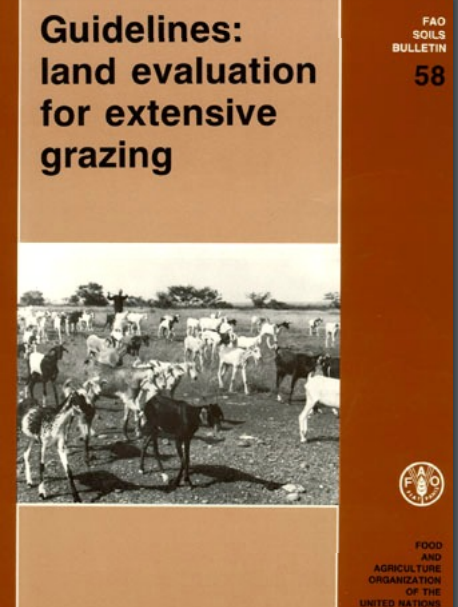Land investments, accountability and the law: Lessons from Senegal
In Senegal, concern about large-scale land acquisitions has been growing since 2000. Senegalese agriculture has long relied on small-scale family holdings and extensive agriculture. But the current population growth rate, combined with rapid urban development and natural resources degradation, have inevitably changed the game.


